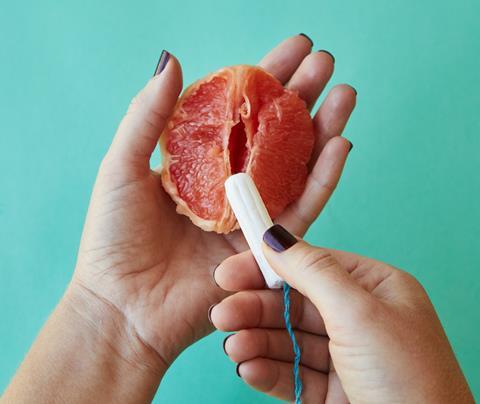Your health questions answered by our resident GP, Dr Olúṣẹ̀yẹ Àríkàwé

Is it safe to have sex when I’m on my period?
This depends on whether you mean safety in terms of getting pregnant or in terms of health risks.
The risk of getting pregnant during menstruation is low, but it’s not impossible. This is because some women have early ovulation, and since sperm can remain viable for close to seven days post-intercourse, pregnancy may occur.
The other consideration is the risk of sexually transmitted infections, which is possible whether you are on your period or not.
There are no other risks of having sex during menstruation (although it can be messy).
You need to be careful with tampons to avoid the risk of pushing them far up your vagina during intercourse. You may also want to consider using a barrier method of contraception, such as condoms, if you wish to avoid pregnancy. This will also help protect against sexually transmitted diseases.
I get really cold in the winter and lose feeling in my fingers and toes. I’m worried about keeping warm with rising energy prices. Is there any medication I can take for this?
You are describing a condition known as Raynaud’s phenomenon. This is usually due to the narrowing of the blood vessels that supply the fingers and toes, causing reduced blood flow. The primary triggers are cold and stress.
There are medications for this condition, but you need to know the cause of your symptoms first. Raynaud’s phenomenon can be primary or secondary. In primary Raynaud’s, there are no associated medical conditions.
Secondary Raynaud’s is associated with underlying conditions such as connective tissue disorders and arterial diseases, or it can be due to the use of certain medications. It is advisable to see your healthcare provider to find out the cause of your symptoms.
Some medications, such as calcium channel blockers and vasodilators, can relieve symptoms of Raynaud’s. These medications work by widening your blood vessels and increasing blood flow. They are available on prescription from healthcare providers.
Lifestyle modifications are also effective for controlling your symptoms. These include avoiding smoking, doing regular exercises and managing stress.
You can try self-help remedies to help relieve your symptoms, such as wearing mittens and gloves, wriggling your fingers and toes or massaging them during an attack, placing your hands under your armpits, or running warm water (not hot) over your fingers and toes.
The advice given here is not a substitute for personalised professional advice, diagnosis or treatment. Please consult your healthcare provider for personal health or medical advice.

































No comments yet